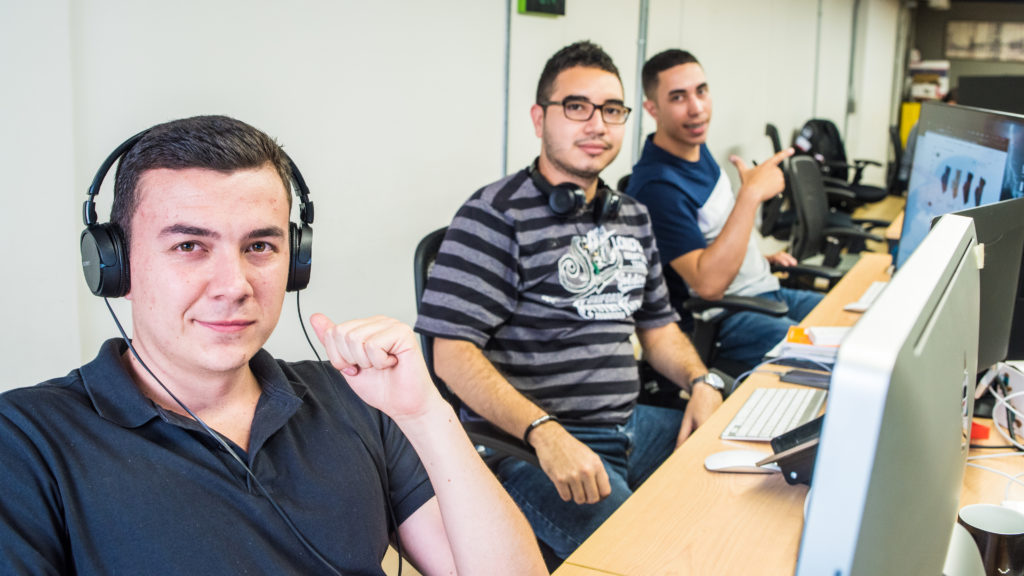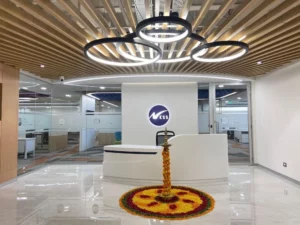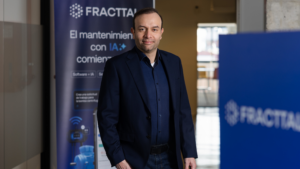In a world where health challenges are becoming increasingly complex and urgent, technological innovation alone is not enough. For an idea to become a real solution that improves lives, something else is needed: strategic collaboration.
In this context, events that connect entrepreneurs, hospitals, corporations, and investment funds are taking on a leading role in shaping the future of the healthcare sector.
As part of The Next Decade: Horizontes en Salud, Tecnológico de Monterrey, through its Startups and Ecosystems area in conjunction with the Regional Directorate of Entrepreneurship of Mexico City, held Match Estratégico, a space designed to generate key connections between the various players in the healthcare sector.
These types of meetings seek to go beyond superficial networking. They are curated meeting spaces where startups present concrete solutions in areas such as artificial intelligence, biotechnology, medical devices, or tissue regeneration to actors who can promote them: large laboratories, hospitals, investment funds, accelerators, or specialized medical networks.
During the Match Estratégico event, for example, startups developing healthcare solutions from various areas participated. In total, 10 startups took part in the Match Estratégico and presented their innovative solutions covering biotechnology, medical devices, artificial intelligence, tissue regeneration, diagnostics, and more:
● BioGrip: Intelligent bionic system for creating artificial limbs and rehabilitation devices.
● Dinso: High-tech company in R&D and manufacturing of solutions for tissue regeneration.
● Innert: Development of a portable sterile environment for outpatient ophthalmological procedures.
● Reto: Platform for preparing for medical exams and certifications using simulators and challenges.
● Cultivo de Datos: Automated and predictive tools to support and guide medical diagnoses.
● Amphora Health: Platform that converts clinical data into insights ready for artificial intelligence models.
● Pharma Therapeutics: Pharmaceutical use of the combination of N-acetylcysteine and naringenin in various liver diseases.
● XIA’H: Extraction of secondary metabolites from traditional botanical herbs for the wellness industry.
● ALIS: Biotechnological products from microalgae for the cosmetic, food, and pharmaceutical industries.
● Naddon: Precise drug delivery using smart nanoparticles activated by inflammation signals or cell receptors.
There were also corporations such as AstraZeneca, Bayer, Pfizer, ABC Hospital, RMV BIO Laboratory, and investors such as Dalus Capital, Kolab Ventures, FrissOn Capital, Brixton Venture Lab, among others, interested not only in investing but also in piloting new technologies that can be integrated into their operations.
These types of dynamics serve several key functions for the healthcare ecosystem: they accelerate the time between idea and clinical implementation; they allow solutions to be validated in real environments; they encourage smart, sector-specific investment; and they build bridges between science, entrepreneurship, and the specific needs of hospitals and patients.
Additionally, they serve as a means to ensure that innovation does not remain confined to large capital cities or academic laboratories. They open the door for ideas born anywhere in the region to find a path to scalability.
Healthcare is a sector where timing matters. And when it comes to saving lives or improving the quality of life for millions, reducing the gap between those who have a solution and those who need it becomes a priority.
Currently, potential collaborations that emerged during the event are being followed up on, which will undoubtedly allow participating startups to advance key milestones and strengthen their entrepreneurial path.







